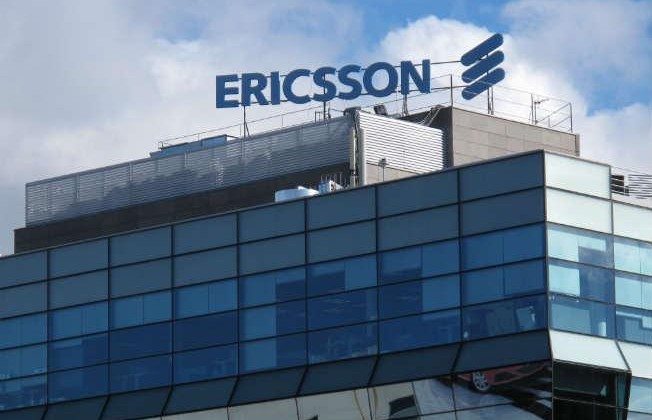Bengaluru: Swedish networking and telecom major Ericsson Thursday said it had opened a global Artificial Intelligence (AI) accelerator in this tech hub for research and development (R&D) in AI and Automation.
“The new facility will accelerate our execution strategy by leveraging AI and Automation technologies to create data driven, intelligent and robust systems for automation, evolution and growth,” said the company in a statement here.
The Bengaluru facility will create 150 jobs for data scientists, engineers, Machine Learning (ML) and AI architects and software developers in 2019.
“The accelerator in Bengaluru is a testament to our commitment to India, the rich talent pool and the vibrant ecosystem in the country,” said Ericsson R&D Bengaluru head Sanjeev Tyagi.
The facility has been set up as a central unit to speed up projects in the company’s four business areas and customer projects in five market areas.
The Stockholm-based telco had set up a similar facility in Sweden and the US early in 2018.
Many projects are underway to bring in AI and Automation capabilities to the company’s products in business areas. The results so far demonstrated the potential that intelligent leveraging of data can bring in telecom.
“With the advent of 5G and IoT (Internet of Things), we foresee a huge potential ways in which networks will be used, as traditional methods of managing and running networks will no longer scale,” said Tyagi on the occasion.
As AI/ML driven automation will be needed to manage networks, the data-centric technologies open up the potential to tap new revenue generating opportunities and business models for the telecom service providers.
The company will also explore partnerships with service providers, industry stakeholders, start-ups and academia to bolster innovation.
“Our endeavour is to spur innovations that are easy to use, adapt and scale, enabling our customers to capture the value of connectivity,” added Tyagi.
Globally, about 300 data scientists, data engineers, ML/AI architects and software developers will be employed in the company’s three accelerators.
INAS
